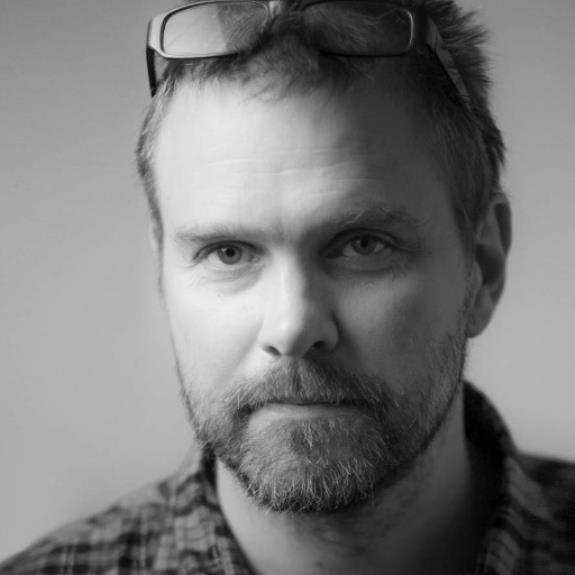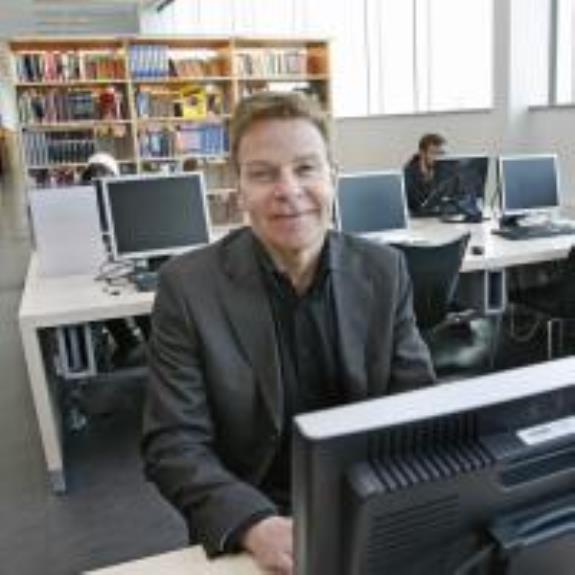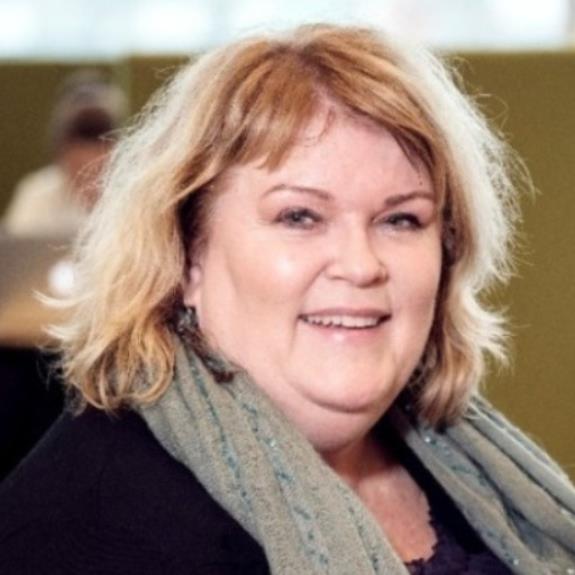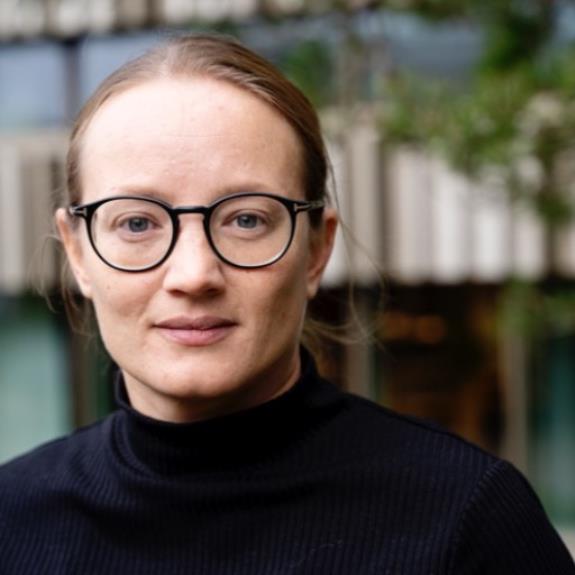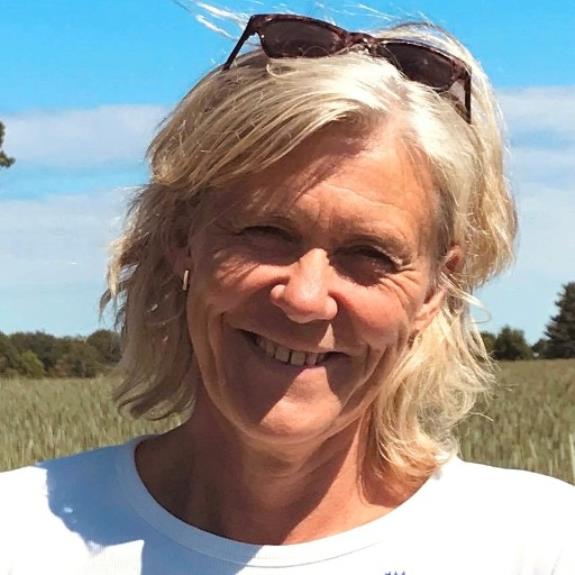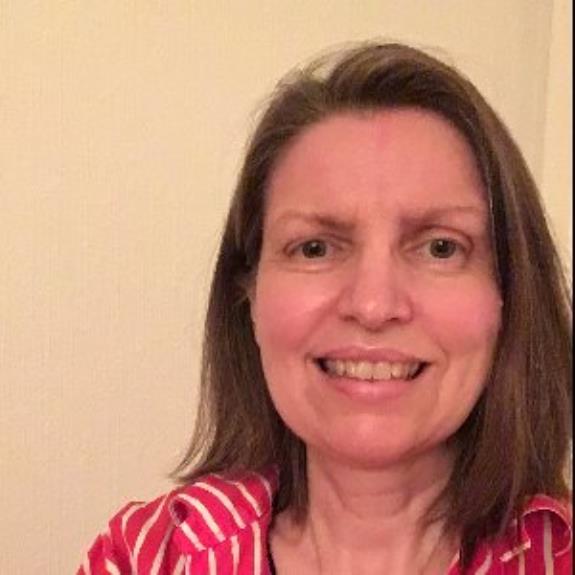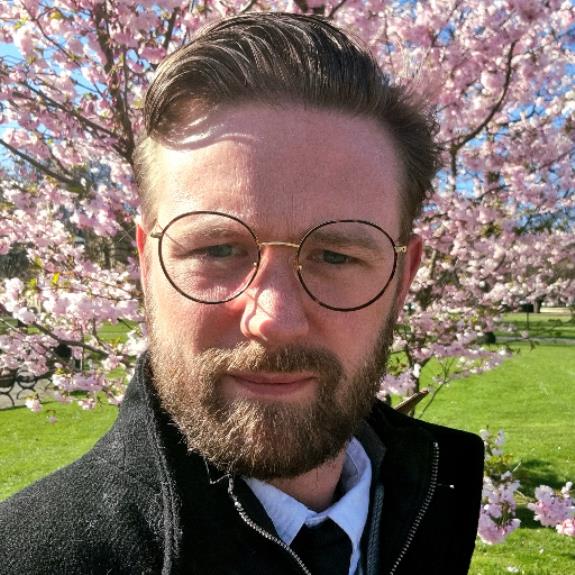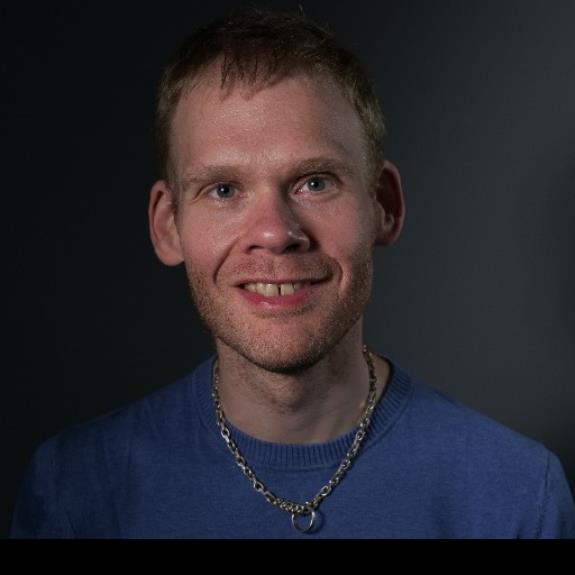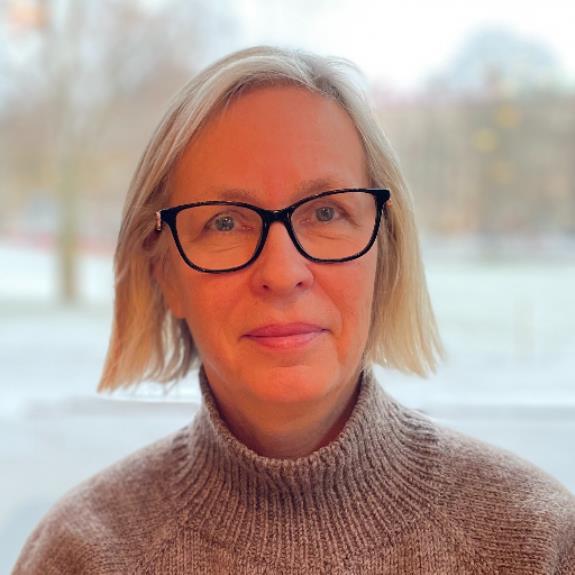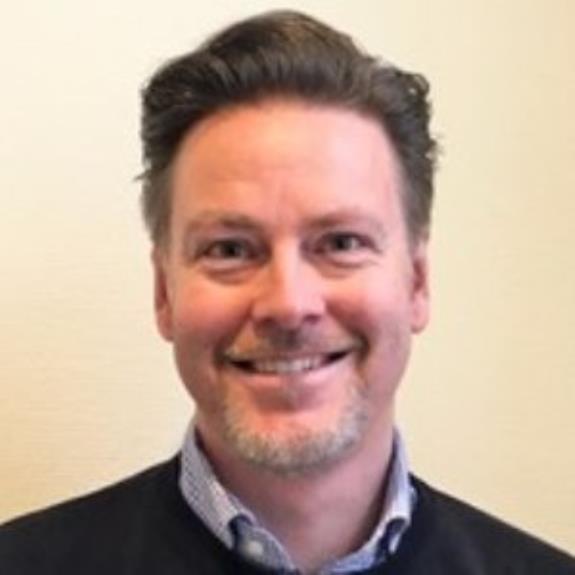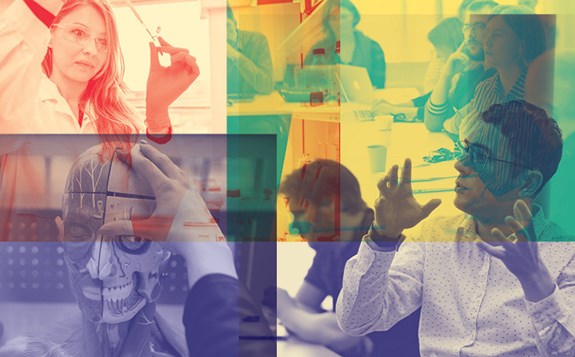We use cookies on this website. Cookies help us deliver the best experience on our website. Read about cookies.
-
- Education
- Education
- Programmes and courses
- Applications and admissions
- Tuition fees
- Scholarships
- Exchange studies at Malmö University
- Study Guidance
-
- After admission
- After admission
- Moving to Malmö
- Pre-orientation
- Arrival guide
-
- About studies at Malmö University
- About studies at Malmö University
- Why choose Malmö University
- Understanding university studies
- Connect with current students
On the page -
- Research
- Research
-
- Doctoral studies
- Doctoral studies
- Doctoral courses
-
- Doctoral schools
- Doctoral schools
- Education, Learning and Globalisation
- Doctoral school: Learning in Multicultural Societal Contexts
- ComBine
- Swedish National Graduate School in Science and Technology Education Research
- Doctoral school: Relevancing Mathematics and Science Education (RelMaS)
- Doctoral school: Sustainable Movement Education
- Finding ways in a time of great future challenges (FinnFram)
- Doctoral school: Pedagogy and Vocational Skills
- Doctoral school: Culturally Empowering Education through Language and Literature
- Research subjects
-
- Prominent research
- Prominent research
-
- Research programmes
- Research programmes
- Our research
- Institute for Urban Research
- Data Society
- Disciplinary literacy and inclusive teaching
-
- Research publications
- Research publications
- Search publications
- Malmö University Press
- Research events
- Participate in a research study
On the page -
- Collaboration and Innovation
- Collaboration and Innovation
- Areas of collaboration
- Innovation
- Collaboration with students
-
- Collaborate with researchers
- Collaborate with researchers
- Labs and facilities
- Culture collaboration
- Support Malmö University
On the page -
- About us
- About us
-
- Faculties and departments
- Faculties and departments
-
- Faculty of Culture and Society
- Faculty of Culture and Society
- Department of Urban Studies
- Department of Global Political Studies
- School of Arts and Communication
-
- Faculty of Education and Society
- Faculty of Education and Society
- Department of Childhood, Education and Society
- Department of Sports Sciences
- Department of Natural Science, Mathematics and Society
- Department of School Development and Leadership
- Department of Culture, Languages and Media
- Department of Society, Culture and Identity
-
- Faculty of Technology and Society
- Faculty of Technology and Society
- Department of Computer Science and Media Technology
- Department of Materials Science and Applied Mathematics
- Faculty of Odontology
- University Dental Clinic
-
- Find and contact Malmö University
- Find and contact Malmö University
- Visit Malmö University
- News and press
- Map of the buildings (Google Maps)
- Merchandise
- Whistleblowing
- Management and decision-making paths
-
- Vision, objectives and strategy 2025
- Vision, objectives and strategy 2025
- Global engagement
- Sustainability
- Widened recruitment and participation
- Quality assurance work at the University
-
- Malmö Academic Choir and Orchestra
- Malmö Academic Choir and Orchestra
- Student work – video pieces
- Alumni & Friends
-
- Annual Academic Celebration
- Annual Academic Celebration
- Academic traditions
- Meet our new professors
- The University in a troubled world
On the page
Disciplinary literacy and inclusive teaching
inclusive teaching
The research programme Disciplinary literacy and inclusive teaching (LIT) explores the multidimensional nature of language in teaching and learning processes.
It seems most productive to build disciplinary literacy instructional programs, rather than to merely employ language perspectives on teaching.
Anders Jakobsson, Director
Our research
We live in an increasingly multilingual and multicultural society which affects education at all levels. The programme, therefore, aims to contribute to a deepened understanding and development of theory on the crucial role of language in learning for all students.
It also aims to contribute to improved quality of education in different subject areas by providing practical insights for teachers and university educators on literacy demands and how these can be addressed to enhance the learning processes for all students.
The programme is divided into 8 interrelated sub-studies:
The first lays out the conceptual and descriptive foundation for the other sub-studies. In this sub-study, all participating researchers collaborate.
Scientific literacy
What kind of literacy activities in science classrooms may offer prerequisites for inclusive education in multilingual contexts?
Mathematic literacy
How contemporary mathematics education reflects changes in society, migration, and globalization.
Social science literacy
Investigates students’ writing skills in language-focused situations in relation to the development of students’ reasoning in the social sciences.
Language, literacy, and multilingualism
Literacy and language challenges in culturally and linguistically diverse classrooms. The projects focus on language education or literacy perspectives in different subject areas.
Academic literacy
Focus on academic literacy for multilingual students in higher education within teacher education and social work.
Digital literacy
Investigates digital literacy including classroom applications and language-supporting tools in different subject areas.
Climate literacy
Focus on climate communication and climate change discourses in different social and educational contexts.
Researchers, publications and research projects
Within the programme, several researchers from different disciplines collaborate, including Pedagogy, Subject didactics, Educational science and Computer sciences.
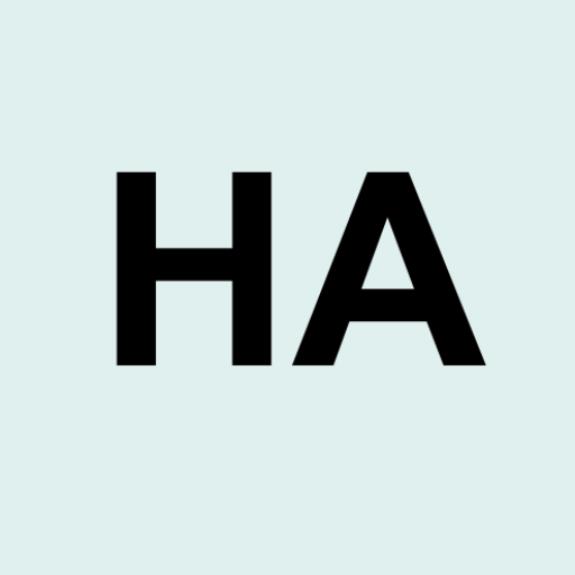
Huda Alhadi Alhasani
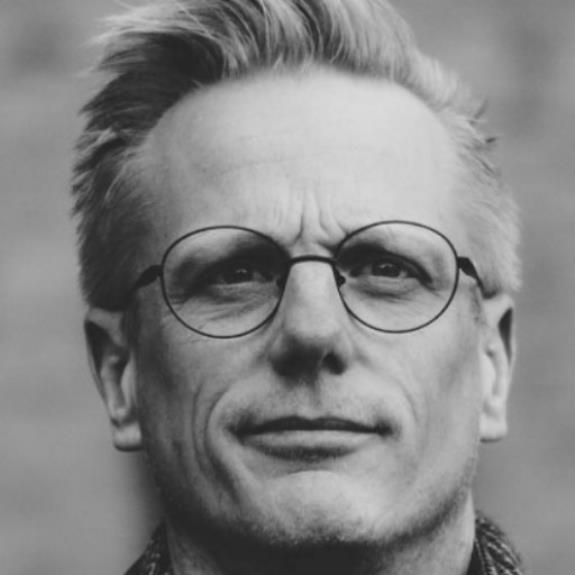
Fredrik Alvén
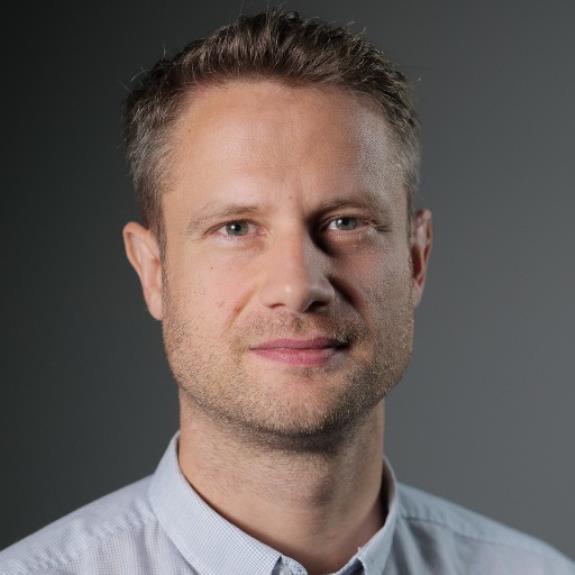
Christian Andersson
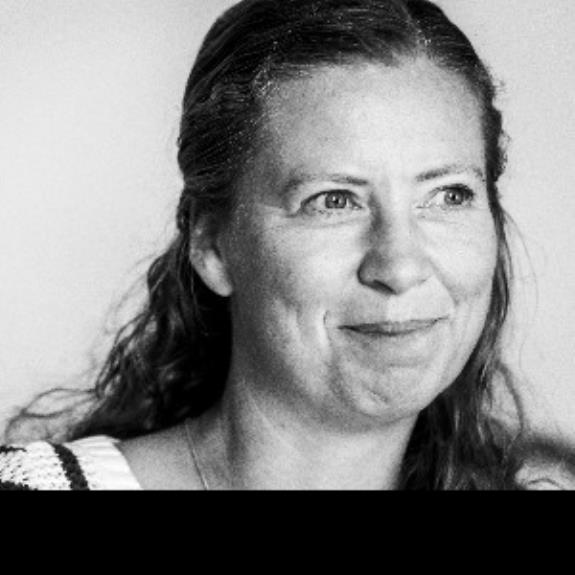
Eva Davidsson

Helen Hasslöf
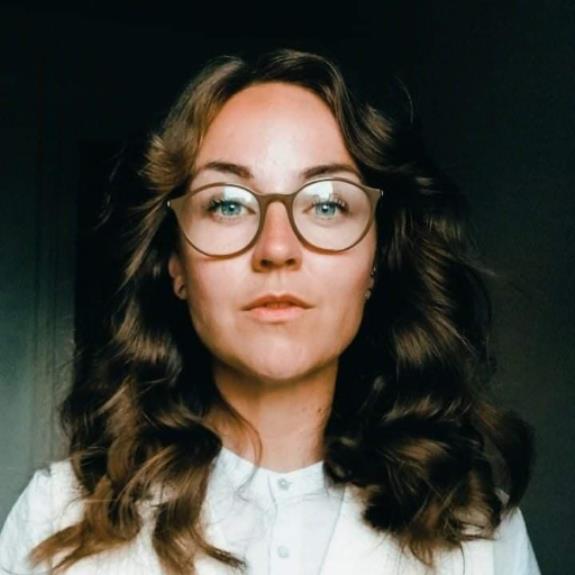
Irina Johansson Carlén
Annika Karlsson
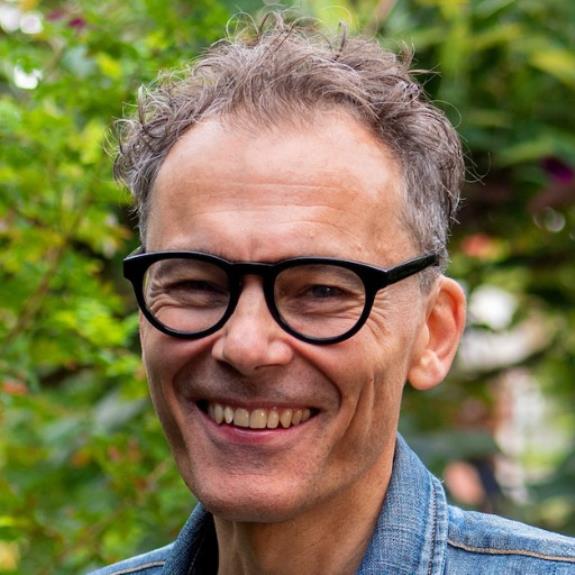
Johan Lind

Ulrika Ryan
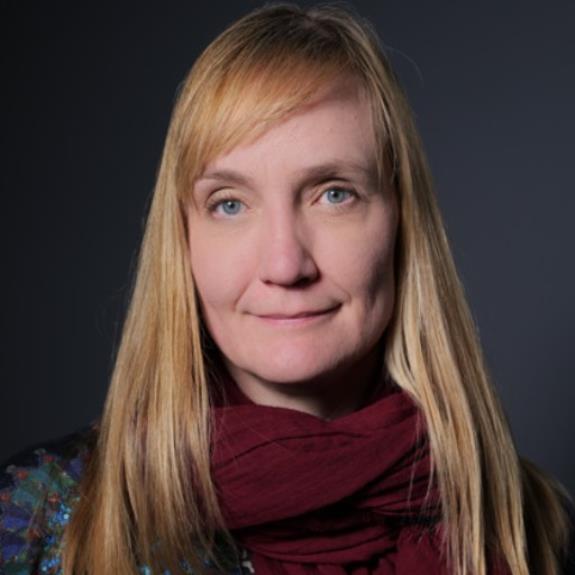
Marie Sjöblom
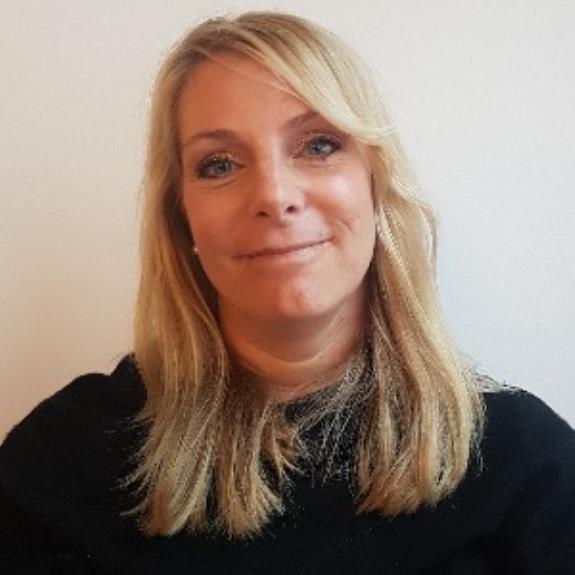
Petra Svensson Källberg
The research programme also includes:
-
2024 | Article in journal
Vad kan du om att lära sig svenska som andraspråk?: Bildningsquizet
Anders Agebjörn, Robert Walldén
-
2024 | Article in journal
Understanding students’ learning of technology through interaction supported by virtual reality
Johan Lind
-
2024 | Other
Flerspråkiga och kulturella aspekter i matematikundervisningen
Ulrika Ryan, Petra Svensson Källberg
-
2024 | Report
Lyssningsläsning i högre utbildning: Vad säger forskningen?
Lisa Olsson Dahlquist, Eva Wennås Brante
-
2024 | Article in journal
Mathematics education in times of migration is not a single story(line)
Ulrika Ryan
-
2024 | Article in journal
Knowledge contributions from different school subjects to cross-curricular didactics for Bildung and sustainability
Jesper Sjöström, Catarina Economou, Ann-Mari Edström, Jan-Eric Ekberg, Petra Svensson Källberg, Marie Larneby, Bodil Liljefors Persson, Ulrika Ryan, Per Schubert, Björn Wangen, David Örbring
-
2024 | Article in journal
From founding voices to future visions: languages and literacies in science education
Magdalena Kersting, Kristina Danielsson, Eduardo Fleury Mortimer, Clas Olander, Christina Siry, Kok-Sing Tang
-
2024 | Article in journal
The Use of ChatGPT in Source-Based Writing Tasks
Christian Tarchi, Alessandra Zappoli, Lidia Casado Ledesma, Eva Wennås Brante
-
2024 | Article in journal
Eight-year-olds engaging in guided information searches with iPads: Dimensions of reading competence
Eva Wennås Brante, Robert Walldén, Kim Ridell
-
2024 | Chapter in book
Att främja elevers språkliga deltagande genom skrivande och litteraturarbete
Robert Walldén
